Summaries of books about Philosophy:
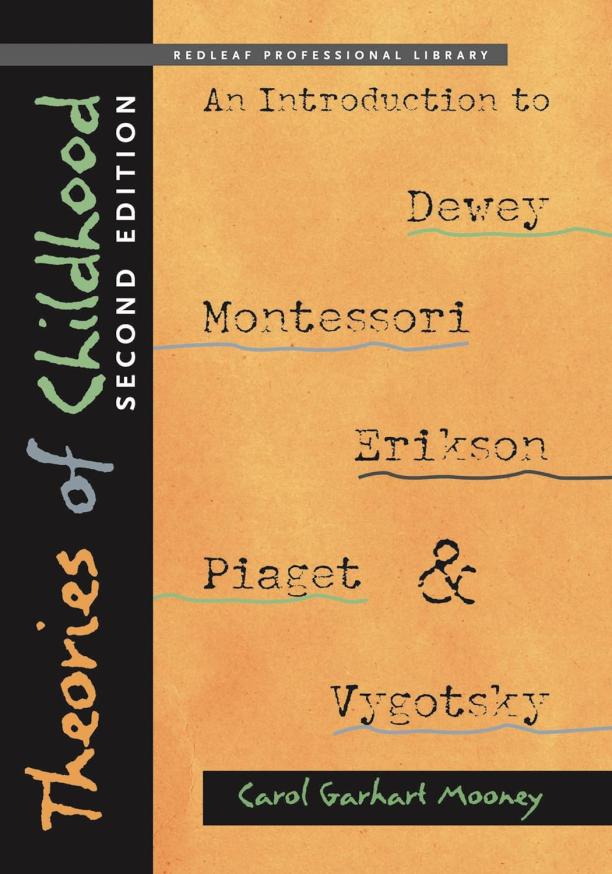
Theories of Childhood
An Introduction to Dewey, Montessori, Erikson, Piaget & Vygotsky
Carol Garhart Mooney
The book provides an overview of the foundational educational theories of five influential educators and psychologists: John Dewey, Maria Montessori, Erik Erikson, Jean Piaget, and Lev Vygotsky. It examines their contributions to understanding children's development and learning processes, offering insights into how these theories can be applied in early childhood education settings.
See full summary
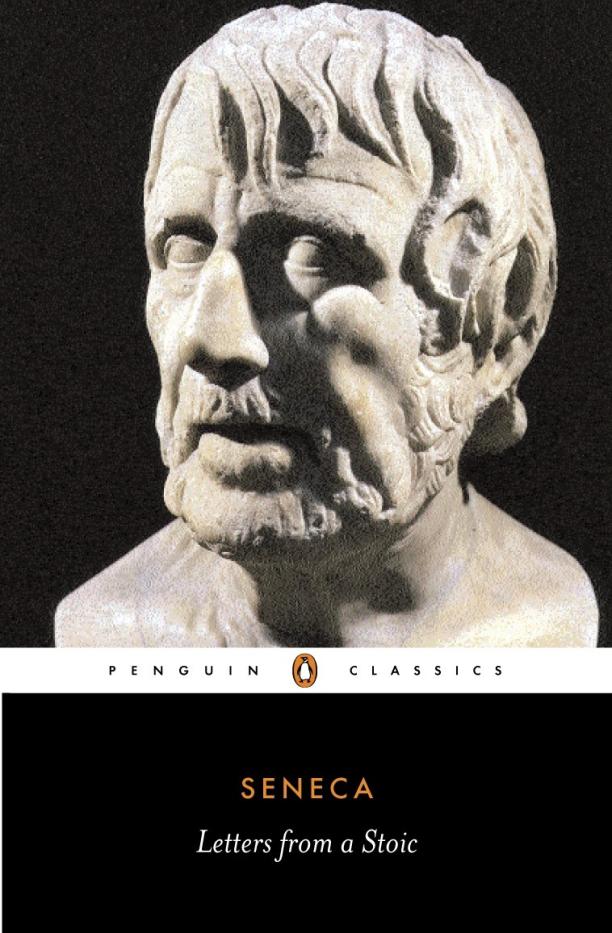
Letters from a Stoic
Epistulae Morales Ad Lucilium
Seneca
The book is a collection of moral epistles written by the Roman Stoic philosopher Seneca to his friend Lucilius Junior, in which he discusses various ethical topics and practical advice for living a virtuous life. These letters cover themes such as the nature of friendship, the importance of self-control, the benefits of a simple life, and the mastery of one's passions.
See full summary
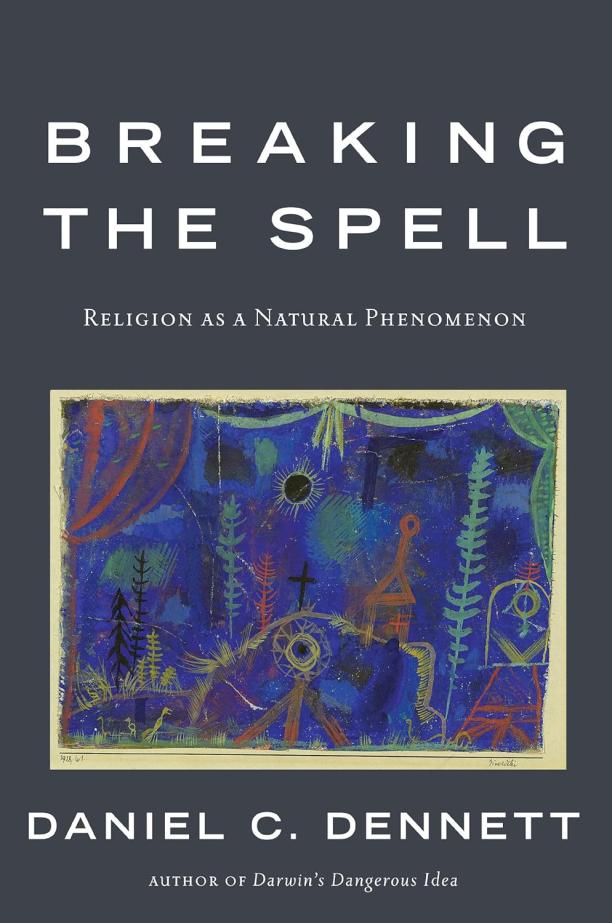
Breaking the Spell
Religion as a Natural Phenomenon
Daniel C. Dennett
The book explores the concept of religion through the lens of evolutionary biology and cognitive science, arguing that religious beliefs and practices are products of natural selection and can be studied scientifically. It suggests that understanding the biological origins of religion can help in addressing the influence of various religious phenomena on human affairs.
See full summary
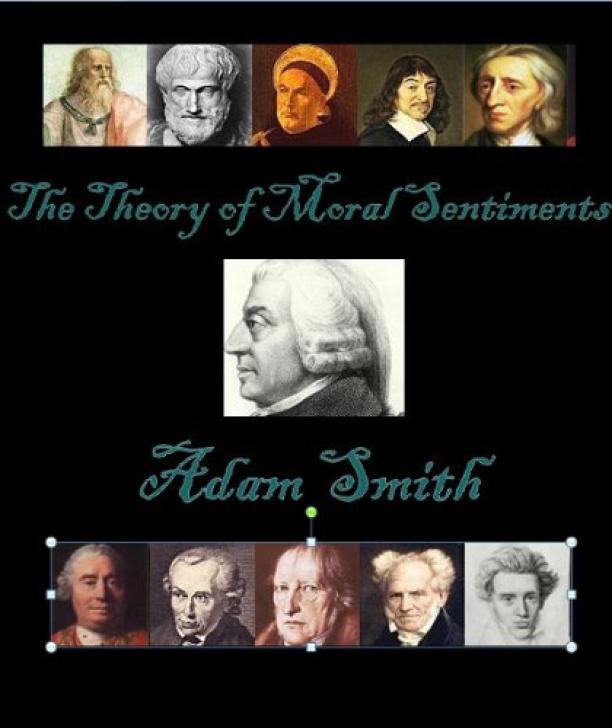
The Theory of Moral Sentiments
Adam Smith|Uplifting Publications
The book explores the nature of ethical judgments, arguing that moral feelings stem from sympathy, and it examines the role of virtue, the importance of propriety, and the ways in which individuals strive for self-betterment. Smith delves into the psychological underpinnings of behavior, suggesting that conscience arises from social interactions and the desire for mutual respect.
See full summary
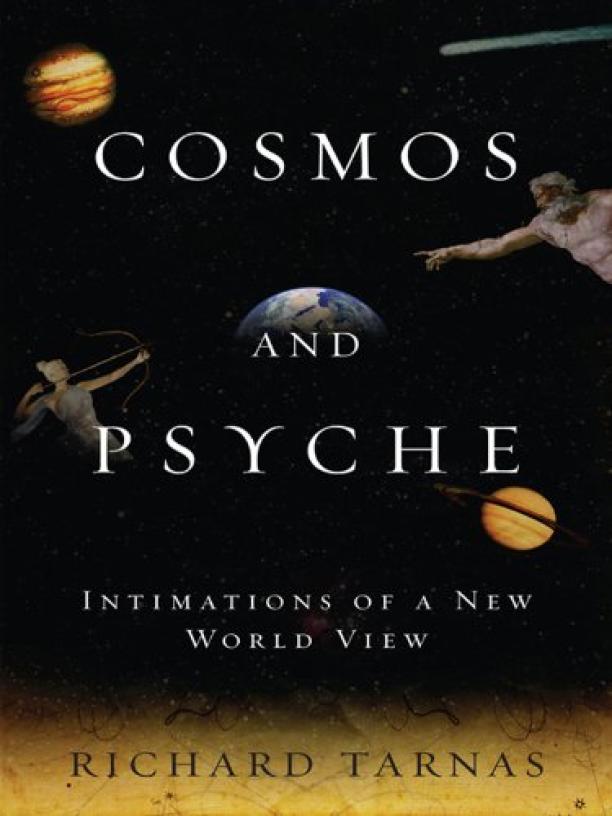
Cosmos and Psyche
Intimations of a New World View
Richard Tarnas
The book explores the relationship between planetary movements and historical events, suggesting that cosmic patterns reflect changes in the collective human experience. It presents a case for astrology as a valid lens through which to understand human behavior and major cultural shifts, challenging the modern worldview that dismisses astrological correlations.
See full summary
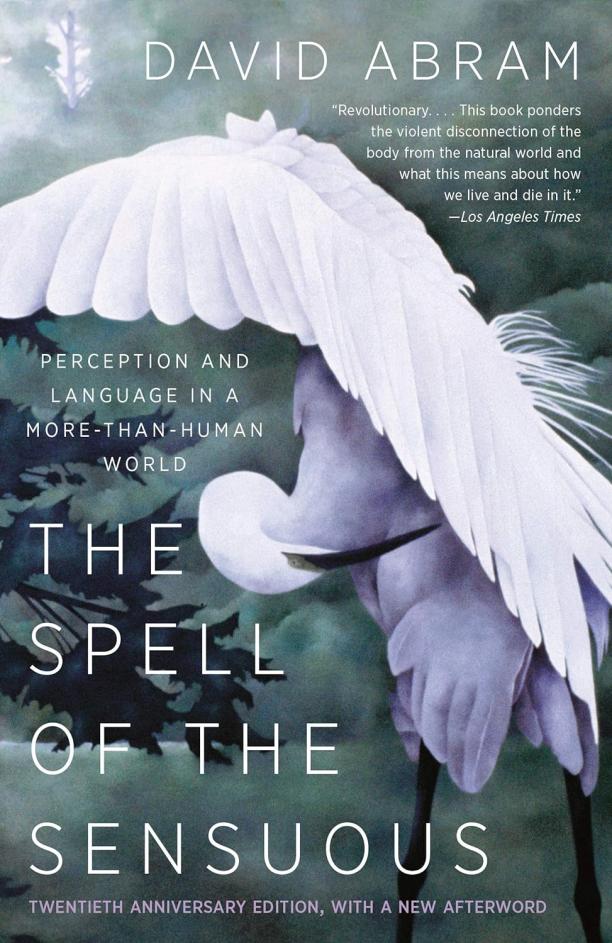
The Spell of the Sensuous
Perception and Language in a More-Than-Human World
David Abram
The book explores the relationship between human perception, language, and the natural world, arguing that modern civilization has lost a vital connection to the environment through the abstraction of written language. It delves into indigenous cultures and their sensory-rich, animistic worldviews as a means to understand and rekindle a more direct, experiential engagement with the Earth and its non-human inhabitants.
See full summary
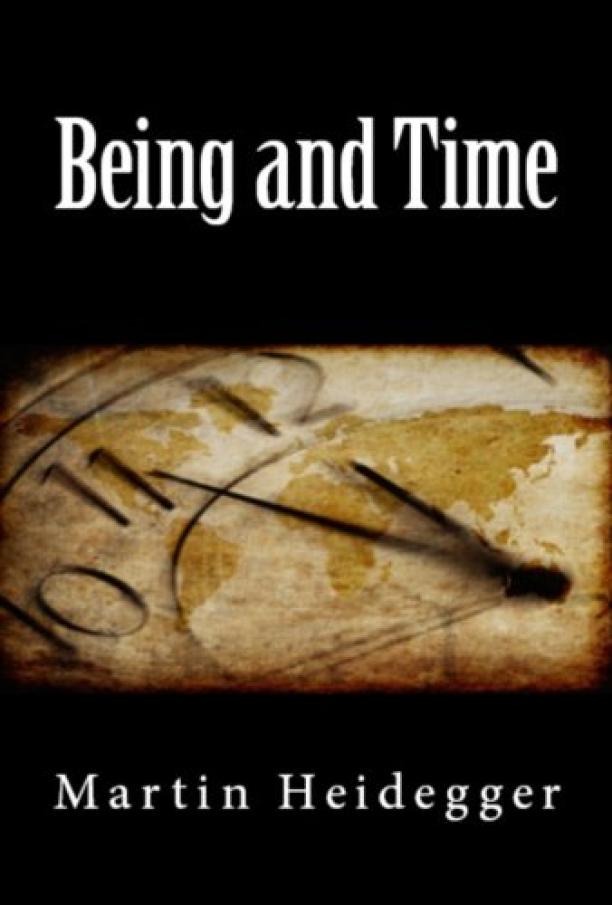
Being and Time
Martin Heidegger
The book introduces the concept of Dasein, an entity that realizes its existence through time, and it explores the nature of being by analyzing existential phenomena such as anxiety, death, and authenticity. It seeks to uncover the fundamental structures of human existence and challenges the traditional metaphysical approach by emphasizing the importance of temporality.
See full summary

Professional Nursing E-Book
Concepts & Challenges
Beth Black
The book provides an in-depth exploration of the evolving field of nursing, discussing its history, education, career opportunities, and the challenges faced by professionals. It also examines the role of nurses in healthcare, ethical considerations, and the importance of evidence-based practice and lifelong learning in the profession.
See full summary

Straw Dogs
Thoughts on Humans and Other Animals
John Gray
The book challenges humanism and the belief in human progress, arguing that humans are not fundamentally different from other animals. It critiques Enlightenment thinking and explores themes such as the illusion of human control, the role of science and technology, and the nature of human desires and beliefs.
See full summary

On Having No Head
Douglas Harding
The book explores a philosophical and experiential approach to self-inquiry, emphasizing the subjective absence of a head as a gateway to a profound sense of unity with the world. It combines personal narrative, exercises, and illustrations to guide readers toward a direct realization of their true, boundless nature.
See full summary